Caprock Chronicles: Early Lubbock baseball: The “Sport of Choice” 1890-1956, Part One
Editor’s Note: Jack Becker is the editor of Caprock Chronicles and is a Librarian Emeritus from Texas Tech University. He can be reached at jack.becker@ttu.edu. Today’s article about early Lubbock baseball is the first of a three-part series by frequent contributor Chuck Lanehart, Lubbock attorney and award-winning history writer.
“Love is the most important thing in the world, but baseball is pretty good, too.” — Yogi Berra
Baseball was the “most attractive” organized sport in early Lubbock, according to noted historian Lawrence Graves, but little is known of the first teams or games. First settled in about 1890, the village of Lubbock boasted a weekly newspaper by 1891, but nothing was written about local baseball for another 18 years.
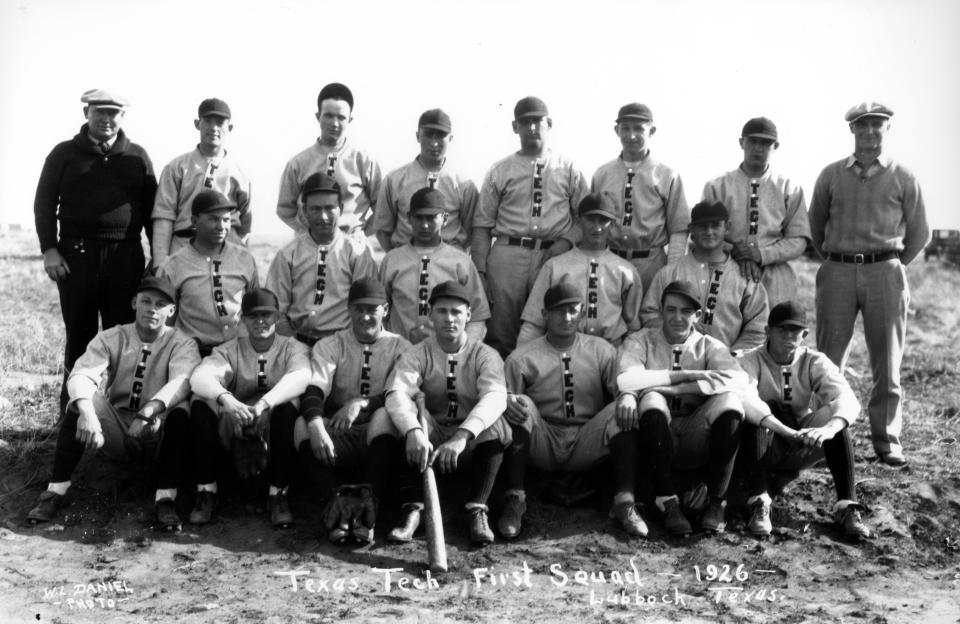
Beginning in 1909, the Lubbock Avalanche reported on the activities of the “Lubbock baseball team,” which played against teams based in Brownfield, Tahoka, Post City, Plainview and elsewhere. It is not known whether the team was professional or amateur (probably amateur), kids or adults (probably adults). However, in 1910, editor James Dow named seven of the first known Lubbock baseball players: Revo and Aubry McLarry, Carl Shell, Sid Rouse, Roy Shotwell, Bill DeBardeleben and Emmett Porter. Was the team shorthanded by a couple of men?
Dow playfully reported on a game against Post City, which beat Lubbock 12-5: “This caused some comment because Post City denizens lived on Post Toasties, drank Postum cereal, and ate pulverized oats, and then could come up and larrup Lubbock’s corn fed, meat eating young men.” The editor predicted Post City could not do it again.
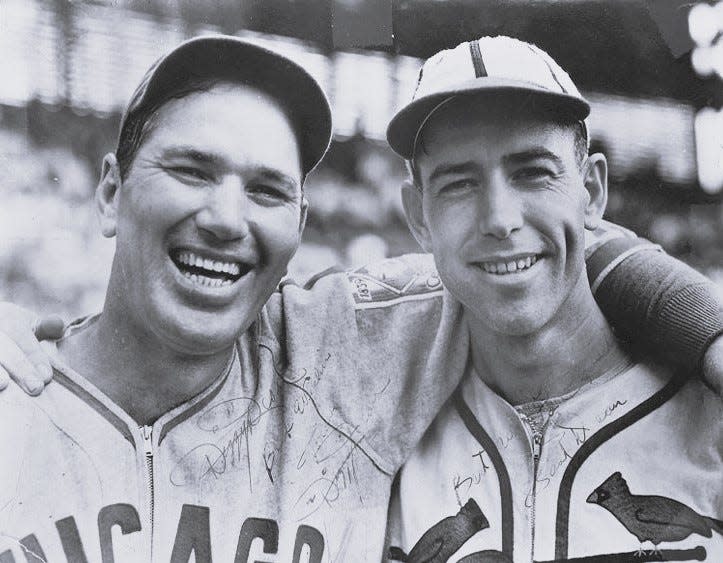
By 1912, Lubbock High School fielded a team, which was soon beating even college teams like Wayland Baptist and Hardin Simmons, according to the Avalanche.
Other amateur teams competed in Lubbock beginning in 1914, including the Lubbock Greys. Most games were played on weekends, but a 1909 ordinance prohibited Sunday baseball in the city limits. Lubbock teams got around the regulation by playing Sunday games out of town.
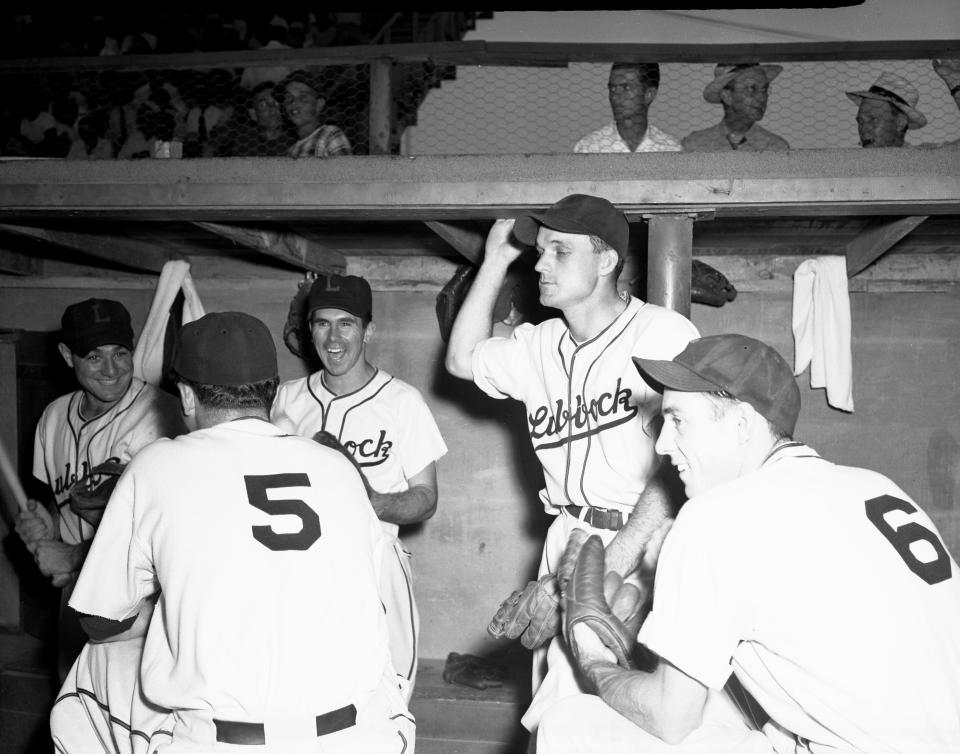
The usual site for Lubbock baseball in the 1920s and 1930s was Merrill Park on the southeastern outskirts of the city, seating about 1300 fans. When the park was razed in 1932, local enthusiasts provided a park on College (University) Avenue at 2nd Street named Parris Field, which seated 4,000 fans and featured lighting for night games. Hubber Park opened in 1948 and reached a capacity of 5,263 fans. (Texas Tech’s current Dan Law Field seats 4,368 fans.) Located at the intersections of Baylor Street, Auburn Street and Clovis Road, it was later called Rosenthal Field and then Odom Field before closing in the mid-1950s.
Soon after Texas Tech opened in 1925, the school fielded a baseball team. The Matadors’ first game was an 18-9 win against the West Texas State Buffaloes in 1926. Coach E.Y. Freeland led the team for three years, followed by Grady Higginbotham’s short coaching stint, but then Tech baseball faded. No collegiate baseball was played in Lubbock from 1930 to 1953.
Professional baseball came to Lubbock in 1922. Amid much fanfare, a public contest was held to select a name for the new West Texas League franchise, and the “Lubbock Longhorns” were christened the first professional baseball team in the Hub City. Well before there was fierce competition between the University of Texas and the yet-to-be-established Texas Technological College, it became clear Longhorns was not a proper name for the new team. The “Lubbock Hubbers” were born.
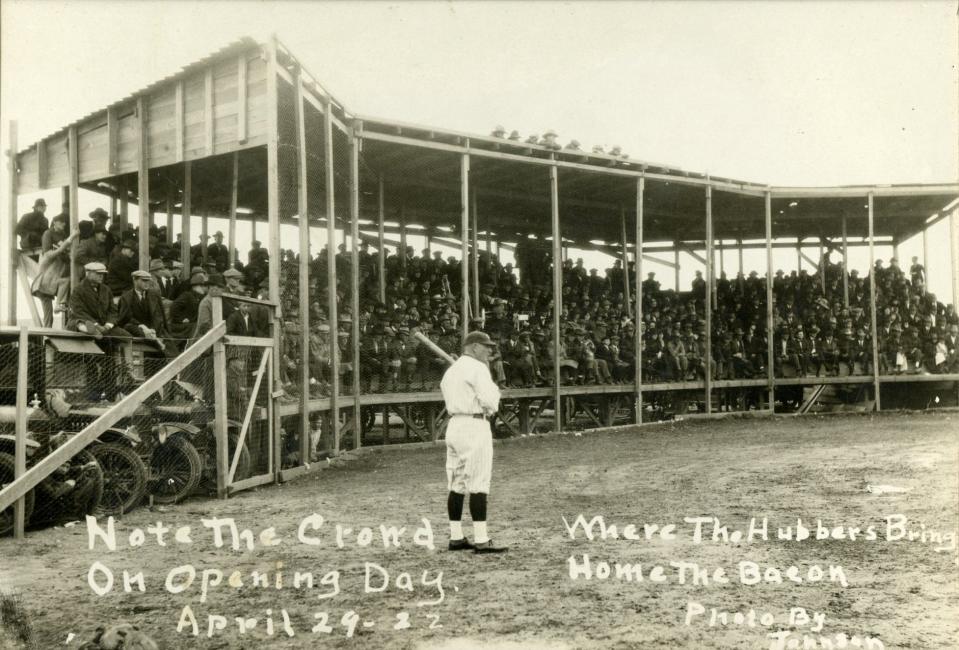
Sled Allen was named the first player-manager of the Hubbers. Under Sled’s leadership, the Hubbers won the Panhandle-Pecos Valley League championship in 1923. (Sled’s story will be published in next Sunday’s Lubbock Avalanche-Journal.)
Between 1926 and 1938, the Hubbers were sometimes a minor-league affiliate of a major league team, sometimes an independent professional team, sometimes a semipro team. Over the years, the Hubbers were affiliated with several major league outfits: the Chicago White Sox (1938–1941), Detroit Tigers (1946–1947), Denver Bears (1954) and Baltimore Orioles (1956). The team won many championships.
In 1938, the Hubbers won the West Texas-New Mexico League Championship under manager Hack Miller. The following year, they attracted 50,000 fans to home games, winning the championship again with manager Salty Parker. The Hubbers remained in the league until 1943, when WWII intervened. The team was revived in 1946, and the 1947 Hubbers were recognized as one of the 100 greatest minor-league teams in the history of baseball. On July 8, 1956, the Hubbers moved to Texas City and became the Texas City Texans.
Several major-league exhibition games were played in Lubbock. In 1938 the Pittsburg Pirates played the Chicago White Sox. The following year, the White Sox played the Chicago Cubs, and in 1951, the Cleveland Indians faced the New York Giants.
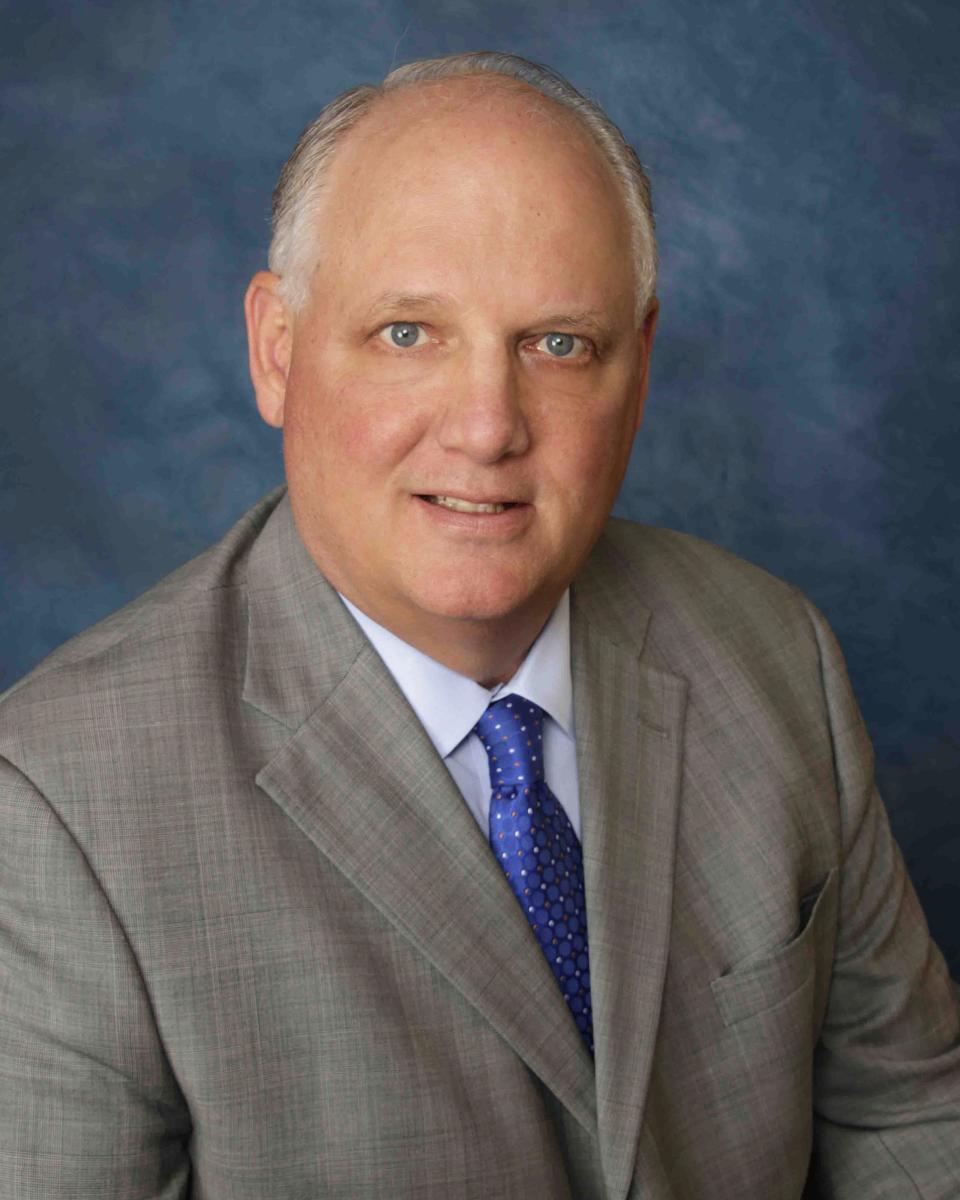
Legendary baseball brothers Dizzy and Paul Dean became associated with the Hubbers when Paul leased the franchise in 1950, and sometimes both brothers attended the games, helping draw big crowds.
Former Lubbock Independent School District Superintendent E.C. Leslie played second base for the Hubbers. He said, "Lubbock had good support for the ball games. Back in those days you didn't have Little League baseball, you didn't have TV . . . (Hubbers) baseball was the sport of choice at that time."
Part Two of Chuck Lanehart’s three-part series on early Lubbock baseball will be published in next Sunday’s Lubbock Avalanche-Journal.
This article originally appeared on Lubbock Avalanche-Journal: Caprock Chronicles: Early Lubbock baseball: The “Sport of Choice” 1890-1956, Part One

